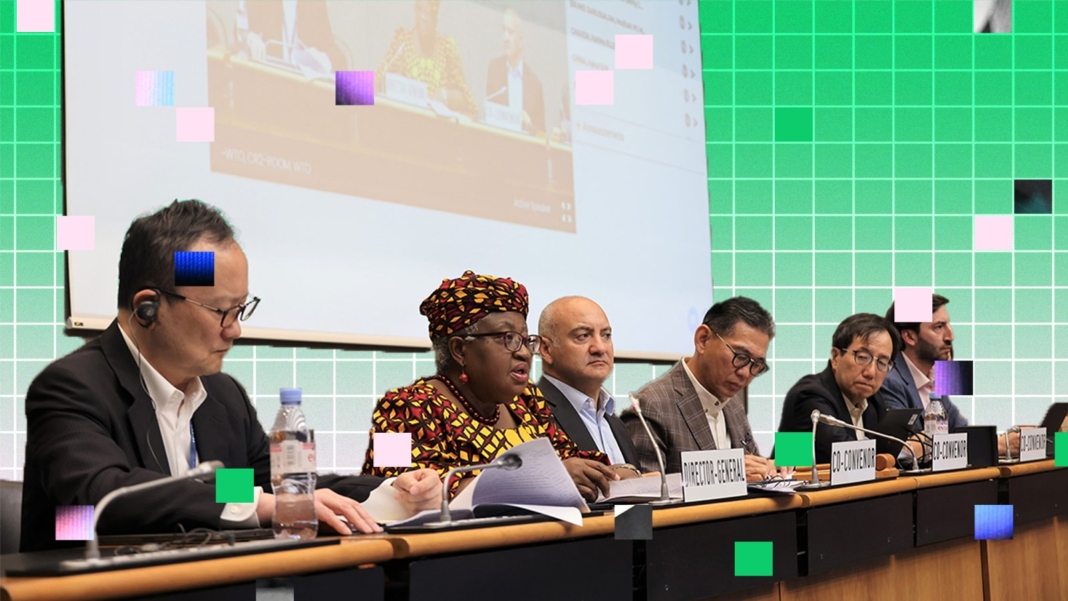
One of the biggest negotiations in tech has been happening almost entirely behind the scenes. Organized as a side letter to the World Trade Organization, the Joint Statement Initiative (JSI) on E-commerce has been developing quietly for more than six years, picking up particular momentum in the last six months. The goal is to codify a new set of rules for international online trade between the United States and 88 other countries throughout Eastern Europe, Latin America, and Southeast Asia.
But while the participants basically agree about the nuts and bolts of copyright and licensing, broader questions of data protection have taken center stage. The group brings together free-market diehards like Singapore with more protectionist countries like Brazil, so it’s no surprise that there are different ideas of privacy in play. But this kind of international bargaining can play a surprising role in shaping what’s possible. Countries can still set tougher privacy rules at a national level, but with the offending parties almost always based overseas, a contravening agreement might make those rules difficult to enforce.
Daniel Rangel is following the negotiations for Rethink Trade, an advocacy group skeptical of corporate influence over international agreements. He told me the agreements had become a kind of back door to affect privacy rules globally. “Basically it would give tech companies an avenue to push the U.S. government to challenge those legal regimes if a country decides to enforce it,” Rangel said.
Tech companies have an obvious interest in all of this. Companies like Meta and Google collect a lot of personal data, and every new regulation makes it more expensive to handle and less lucrative to collect. International agreements like this are one of the few ways to discourage countries from passing GDPR-style data regulations or strengthening the ones they already have. So naturally, there’s been a lot of thought leadership from tech-aligned policy groups about exactly how U.S. representatives should approach things.
Meta and Google aren’t part of the WTO, so the question is who will go to bat for their interests. And the tech companies’ biggest defender is usually the United States — that’s why copyleft groups were so unhappy with the Trans-Pacific Partnership — but this round has played out a bit differently. In October, the Biden White House abruptly withdrew support for some of the most controversial clauses in the JSI, describing them as “proposals that might prejudice or hinder those domestic policy considerations.” As long as the U.S. is mulling over its own data rules, the country doesn’t want to negotiate any treaties that would limit its options.
That leaves negotiations in an uncertain place. Most observers expect some kind of replacement proposal to emerge, even if it doesn’t come from the U.S. Rangel is paying particular attention to the WTO’s ministerial conference next month in Abu Dhabi, which might shake loose some kind of deal. If the U.S. announces a new position in advance of the deal, a replacement could come together in a matter of weeks — all without any meaningful input from the rest of the world.
“When this kind of negotiation gets to a point where there’s a political call to make, it could move very fast, very easily,” Rangel told me.
Source: restofworld.org



